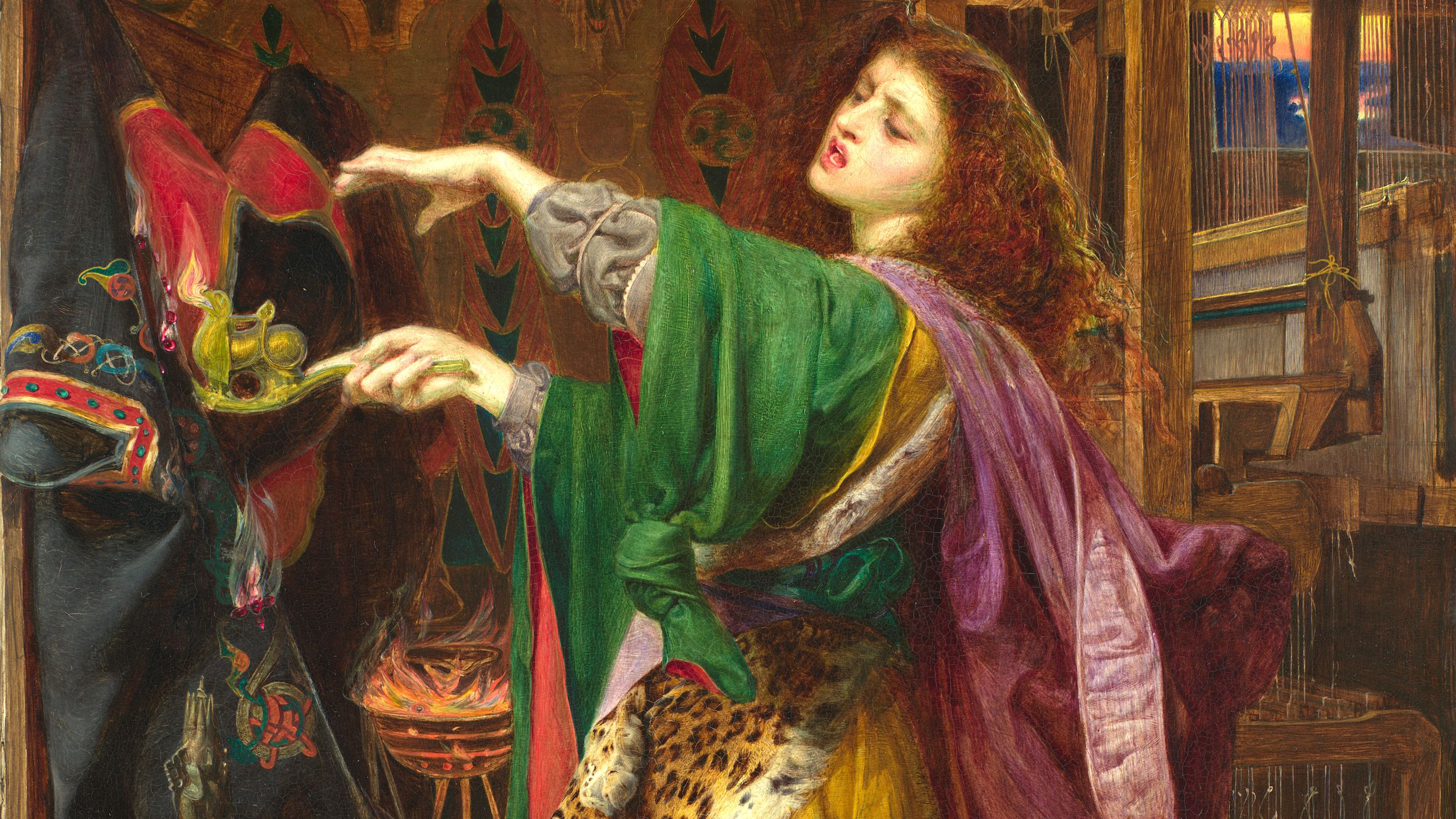
I S S U E 6
Singing the Undersung
Liz Berry curates a reading list of women poets whose work has inspired and influenced a generation of women in poetry
It began as a conversation online last summer, a conversation I couldn’t stop thinking of. The poets Sasha Dugdale and Jackie Wills were inviting others to speak about ‘all the women poets we are simply not seeing’. The thread grew, with writers and readers joining to name their undersung poetry heroines: from contemporary poets like Gillian Allnutt, Paula Meehan, and Grace Nichols to the work of the Dead (Women) Poets Society who curate conversations between living women poets and their literary (great-great) grandmothers. It felt like a collective singing; a long, complex, beautiful song of women poets, sometimes sorrowful, sometimes furious, a song for those who—in the words of Malika Booker—we turn to for ‘inspiration, permission and encouragement’.
So I decided to go treasure hunting, asking some of the poets I most admire about the women poets who’ve inspired them and whose work they’d like to see more widely shared and celebrated. Their replies are a jewel-box of voices—shining, multi-faceted, and precious.
Hannah Lowe
Poet: Lynda Hull
Work to discover: ‘Chinese New Year’, published in Poetry, 1986, and available to read on the Poetry Foundation website.
Lynda Hull’s writing has a beautiful lyricism, and never shies away from exploring the seamy ‘underbelly’ of American life—of addiction, poverty, sickness. She lived in various Chinatowns across America and was married to a Chinese man for a time—the ‘Wai Min’ who at the end of this poem brings his wife ‘lotus root’ and ‘ghost money’. Her writing haunts me—it is full of lush sensuality and the feeling of temporality and loss. She died tragically young in a car crash in 1994.
Poet: Lorna Goodison
Work to discover: ‘Windrush Sankey’, which is available to read online in the Journal of West Indian Literature 15, no. 1/2 (2006), pages 31 – 32.
I love the way Lorna Goodison’s writing evokes the emotional fall-out of the migratory experience. In ‘Windrush Sankey’, the speaker leaves Jamaica because his parents ‘are born and are bound to die as canecutter’ to find himself in England ‘without even a shilling for the gas meter’. Goodison’s writing is sensuous, allusory, and political, testifying to the lives and communities of the Jamaican people.
Poet: Getrude Schnackenberg
Work to discover: ‘Two Tales of Clumsy’, available to read on the Poetry Foundation website.
I remember George Szirtes bringing this poem to an Arvon workshop, and my amazement and admiration of Schnackenberg’s use of rhyme and meter. Her use of these techniques is, I think, virtuosic. She inspired my use of tight formal constraint to probe and push the imagination, and this is so brilliantly evidenced in her poem ‘Two Tales of Clumsy’, a surreal and gothic narrative that’s both horrifying and very funny.
Pascale Petit
Poet: Selima Hill
Work to discover: Violet (Bloodaxe, 1997).
Selima is like our very own Emily Dickinson, a genius who is utterly herself. I wish she could be honoured by a lifetime achievement award. All her work has her hallmark originality, a fecund imagination, and syntax that leaps in unexpected directions, and does so with unusual compression; many poems are only two to five short lines long. ‘Why I Left You’ is one of the earlier, longer ones, but excites with every organic image; I am haunted by its dynamic power.
Poet: Sujata Bhatt
Work to discover: ‘The Stare’, Monkey Shadows (Carcanet, 1991).
Sujata’s poems have a clarity that feels numinous. They often move slowly, in trance-time, as if time has stalled so the words and thoughts can flower. In ‘The Stare’, she captures the ineffable essence of the almost-human animal, the langur monkey, in a to-and-fro stream of thoughts and sensations between a human child and the monkey child. It’s the closest I’ve known a poet to convey that mystery between species.
Poet: Moniza Alvi
Work to discover: ‘Mermaid’, Europa (Bloodaxe, 2008).
Moniza’s work has a relaxed naturalness, even when describing trauma. Her poems always feel as if they come ‘as naturally as leaves to the tree’. Her imagination is mythic and each collection often builds an entire world with the most alive, fluid, spare but colourful words. I must have read ‘Mermaid’ a hundred times by now, as I often teach it, and each time I glean new meanings and thoughts; its power to shock and sadden never wanes.
Mona Arshi
Poet: Karthika Nair
Work to discover: Until the Lions (Arc Publications, 2016)
I love the sheer vivacity and energy with which Nair explores stories from the ancient epic Mahabharata so that they are renewed and transformed. A poet who is so formally inventive; I have never seen a book contain such an eclectic array of forms.
Poet: Vénus Khoury Ghata
Work to discover: Alphabets of Sand (Carcanet, 2009)
I’m inspired by the ephemeral light-footed quality of these verses which layer mythography over landscape and dreamwork. A thousand doors are opened as you encounter her poems.
Poet: Sarah Corbett
Work to discover: And She Was (Liverpool University Press, 2015)
I admire Sarah Corbett’s formal mastery: she can pivot from pure lyric to an impeccably crafted verse novel retelling of the Orpheus myth in a fusion of narrative and lyric mode. I love how the tensions are revealed and tested in both modes of writing. She has that rare ability to estrange and transform what’s in front of her and she has the most wonderful ear.
Malika Booker
Poet: Louise Bennett
Work to discover: Jamaican Labrish (Sangster’s Book Stores, 1966)
Louise Bennett was a pioneer Caribbean poet who was interested in writing, celebrating and recording the language of the Jamaican people. She collected folk songs, dances, and tales from local people across Jamaica. In a time when the Caribbean vernacular was considered bad and inferior English, she radically championed it.
I grew up listening to her poems on the radio and was struck by the way she captured the social, cultural and political landscape of Jamaican life. The poem ‘Colonization in Reverse’ chronicles the lives of those early Windrush adventurers with colour and flavour and is both anthem and testimony to the power of the poem. People describe Walcott as one of the Caribbean’s most legendary poets; I say Bennett was radical, ahead of her time and the mother of a distinct Caribbean poetics that foregrounds Caribbean vernacular.
Poet: Ntozake Shange
Work to discover: For Coloured Girls Who Have Considered Suicide / When the Rainbow is Enuf (Scribner, 1997)
I remember reading this 20-part choreopoem and being breathless with admiration at its ability to unapologetically give voice to American black women's experiences during a time when these women were invisible and marginalised in both literature and theatre. These jazz-inspired poetic portraits were ground-breaking, experimental, and revolutionary yet rooted. The vivid language and imagery of the monologues creates a rich tapestry that I still reference for inspiration, permission, and encouragement.
Poet: Merle Collins
Work to discover: Lady in a Boat (Peepal Tree Press, 2003)
Merle was the first Grenadian poet that I heard read her work when I was starting out as a poet. I remember buying her poetry collection ‘Rotten Pomerack’ and the way that it changed my life and influenced me as a Caribbean poet. Here was a poet capturing the Grenadian language and culture of my mother’s country. Her poetics gave voice to Caribbean women through microscopic attention to the landscape, vernacular and specific cultural particularities of that small spice isle.
Fiona Benson
Women have had little access to education and have been illiterate for most of literature’s history. If we want to know our female forbears, then we have to turn to lullaby and folk song, and there we find generous troves of words and images: such gifts, such spells. I am frightened we are losing our lullabies and, with them, our poetic inheritance.
Poet: Anonymous Romani singer
Work to discover: ‘The Worthy Wood Carol’ a lullaby collected from Mrs Cordelia Cooper in Ashley Coombe and said to be composed by an Exmoor Romani in the 1920s or earlier. Ruth L. Tongue ed., The Chime Child Collection (Routledge & K Paul, 1967).
In ‘The Worthy Wood Carol’ a mother is singing to her baby—so far, so lullaby—but the mother is Mary and the baby is Christ.
Sleep my darling, darling, little son
Sleep my lovely, lovely, little one
For the world is heavy gold
For your little hands to hold
Like the little hands of the baby, and like many lullabies, the song itself is heavily freighted with sorrow. Mary has a poignant foreknowledge of her son’s fate: ‘You were come to die for we / all upon the criss-cross tree.’ Jackie Oates sings a gorgeous version on her album Lullabies.
Poet: Anon
Work to discover: ‘All the Pretty Little Horses’ (American lullaby, traditional)
In this American lullaby, the singer rocks the baby off to sleep, promising that when they wake they will have ‘all the pretty little horses’. Different versions name different kinds of horses and they canter through the dusk-lit, dreamy space of the song.
The dark undertow comes in the next stanza, where the singer recalls a lamb or often a baby ‘way down yonder / in the medder [meadow]’. The lamb/baby is neglected—some versions have ‘birds and flies / peckin’ in his eyes / poor little baby calling mama’.
This lullaby is believed to bear important witness to the babies of slave-women, forced to leave their own babies to cry while they worked in the field or rocked another woman’s child. Odetta sings a powerful, visceral version, full of grief. It’s an incredible lyric work.
Poet: Anon
Work to discover: The English and Scottish Popular Ballads, vols 1 & 2, ed., Frances Child in the late nineteenth century. The ballads in the first two volumes in particular contain so many stories of female affairs, female protagonists, and the female body, that they are undoubtedly the work of anonymous female singers and wordsmiths.
I love the popular ballads for running the whole gamut of female experience; for their lyrical superstitions, lore, and beliefs; for their earthiness, their telling of what it means to inhabit a female body; and for their social pragmatism. They know that you must untie witch-knots in order to assist a protracted labour, that the greenwood is a site of fierce and adulterous magic, and that if true lovers are buried side by side, the birk will twine with the briar.
Mona Arshi’s debut novel, Somebody Loves You, will be published later this year by And Other Stories. Fiona Benson’s latest collection Vertigo and Ghost won the 2019 Forward Prize for Best Collection. Liz Berry’s new book in collaboration with photographer Tom Hicks will be published by Hercules Editions later this year. Malika Booker received a Cholmondeley Award for her outstanding contribution to poetry in 2019. Hannah Lowe’s third collection, The Kids, is published by Bloodaxe in September, 2021. Pascale Petit’s eighth collection, Tiger Girl (Bloodaxe Books, 2020), was shortlisted for the Forward Prize, and a poem from the book won the Keats-Shelley Prize.
This feature appears in the Spring/Summer 2021 issue of Poetry Birmingham; you can buy the issue here.





